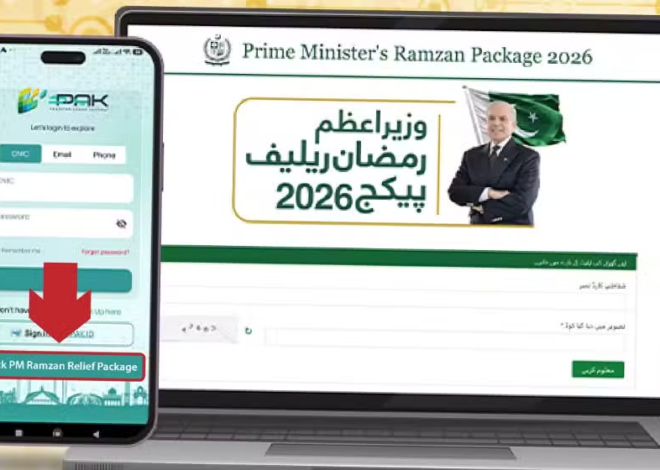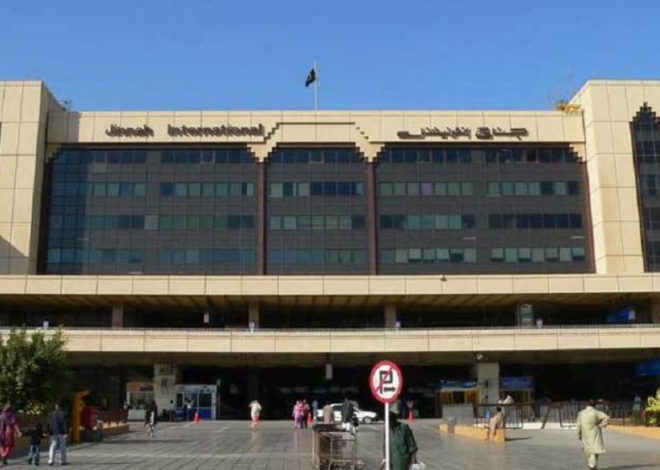
Understanding Riba and Why It’s Prohibited in Pakistan
Pakistan, a nation deeply rooted in Islamic values, adheres to the prohibition of riba (interest) in its financial system. This concept, considered exploitative and harmful in Islam, is strictly forbidden as outlined in the Quran and Hadith. Let’s delve into the reasons behind this ban and its impact on Pakistan’s economy and society.
What is Riba?
In Islamic finance, riba refers to excessive or unjust gains from lending money or transactions involving interest. The Quran explicitly prohibits riba, emphasizing fair and just financial dealings. This prohibition aims to create a more balanced and ethical financial environment.
Economic Impact of Riba
Conventional banking systems often rely on interest, leading to wealth concentrating in the hands of the wealthy while burdening the poor with debt. This creates inequality and hinders economic growth. Islamic finance, on the other hand, promotes risk-sharing and asset-backed transactions, fostering a more equitable distribution of wealth.
Riba and Fighting Poverty
Pakistan, like many developing nations, struggles with poverty and income inequality. Riba can worsen these issues by trapping individuals and communities in debt cycles. High-interest rates lead to loan defaults and financial hardship, particularly for those already struggling financially. Islamic finance offers alternatives like interest-free microfinance and zakat-based initiatives to help alleviate poverty.
Ethical Concerns
Beyond economics, riba raises ethical concerns. Islam emphasizes ethical business practices that prioritize mutual benefit and social responsibility. Riba can exploit financial vulnerability, prioritizing profit over well-being. In Pakistan, where Islamic values are central to society, the prohibition of riba aligns with fostering integrity in financial transactions.
Pakistan’s Legal Framework
Pakistan’s constitution declares Islam as the state religion, mandating laws to reflect Islamic principles. The prohibition of riba is enshrined in its legal framework, influencing banking and financial regulations. The State Bank of Pakistan regulates both Islamic and conventional banking, ensuring compliance with Shariah principles. This commitment to Islamic values is evident in the growth of Islamic finance within the nation.
Challenges and Opportunities
While the prohibition of riba is clear, challenges exist in its implementation. Coexistence of Islamic and conventional banking systems requires strong regulatory measures to ensure Shariah compliance. Misconceptions about Islamic finance can also hinder its adoption. However, these challenges present opportunities for innovation and collaboration, paving the way for sustainable economic development aligned with Islamic principles.
Conclusion
The prohibition of riba in Pakistan stems from its negative economic, social, and ethical implications. Islamic finance offers a viable alternative that prioritizes fairness, justice, and social well-being. By adhering to Shariah principles, Pakistan fosters inclusive growth, tackles poverty, and upholds its Islamic values in its financial system. This commitment to ethical financial practices serves as a cornerstone for the nation’s economic future.







